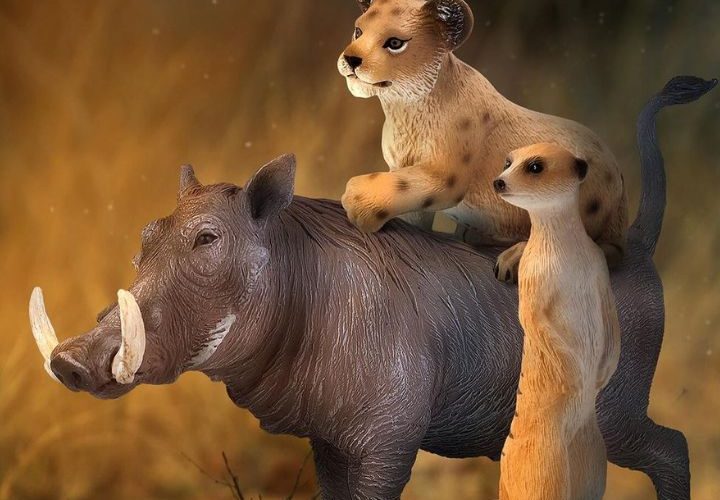Do Pets Grieve? Exploring Animal Emotions After Loss
For many of us, pets are family. We mourn their absence deeply when they are gone. But what about pets themselves? Can animals feel grief when they lose a companion, whether it is a human or another pet?
The short answer is yes. Research and countless real life experiences show that many animals, especially dogs and cats, can and do grieve. Understanding this emotional reality can help us support them through their own silent sorrow.
1. Recognizing Grief in Pets
Grief in pets may not look exactly like human grief, but the behaviors are often similar. Common signs include
• Loss of appetite
• Withdrawal or hiding
• Changes in sleeping habits
• Increased vocalization such as whining, barking, or meowing
• Searching for the lost companion
• Restlessness or pacing
• Depression or lack of interest in play
These behaviors can last for days, weeks, or even longer, depending on the bond and the animal’s personality.
2. Do Pets Miss Other Pets?
Yes, pets can form strong emotional bonds with other animals in the household. Dogs who lose a canine companion may spend time looking for them, become clingier, or lose their spark. Cats may cry at doors or sleep in places the missing cat once used.
These reactions are not just routines being broken. They often reflect true emotional distress caused by the absence of a close companion.
3. Do Pets Grieve for Humans?
Absolutely. Pets often show signs of mourning after the death or absence of their human caregivers. A loyal dog may sit by the door, waiting for someone who will not return. A cat may avoid eating or hide under the bed for days.
Animals feel the absence, the silence, the changed energy in the home. They may not understand death as we do, but they understand love and loss.
4. How Long Does Pet Grief Last?
There is no set timeline. Some pets recover in a few days, while others take months. Factors that affect the grieving period include
• The closeness of the bond
• The animal’s age and health
• How sudden or traumatic the loss was
• The emotional state of other household members
Pets also pick up on their owners’ sadness. Your own grief can affect your pet’s emotional response.
5. How to Support a Grieving Pet
Helping your pet through loss requires patience and gentle care.
Try the following
• Keep routines as normal as possible
• Offer extra affection and physical comfort
• Encourage gentle play or walks to lift their mood
• Provide quiet and familiar spaces for rest
• Introduce new toys or puzzles to distract and stimulate
• Avoid forcing interactions. Let them grieve in their own way
If symptoms persist or worsen, speak to a veterinarian. Sometimes medical conditions can mimic or worsen signs of grief.
6. Should You Get Another Pet Right Away?
Many people wonder if bringing home a new pet will help the grieving animal. In some cases, a new companion may help, but only if the grieving pet is emotionally ready.
Do not rush the process. Allow your pet time to adjust, and be mindful that a new animal will not replace the one they lost. It is better to wait until both you and your pet are open to building a new bond.
7. The Depth of Animal Emotion
Some people believe that animals live only in the moment and do not feel loss the way humans do. But growing evidence suggests otherwise. Studies on elephants, whales, birds, and domestic animals show patterns of mourning behavior.
Grief is not only a human experience. It is part of being alive and loving deeply.
Conclusion
Yes, pets grieve. They mourn lost friends and companions, both human and animal. While they may not express it with words, their behavior often speaks clearly.
By recognizing their emotions and supporting them with love and patience, we honor the deep connection we share with animals. In doing so, we remind ourselves that grief is not a weakness. It is a sign of love — a love that pets feel too.
